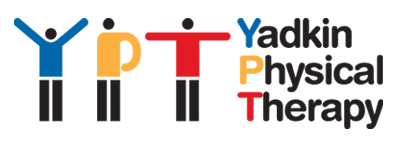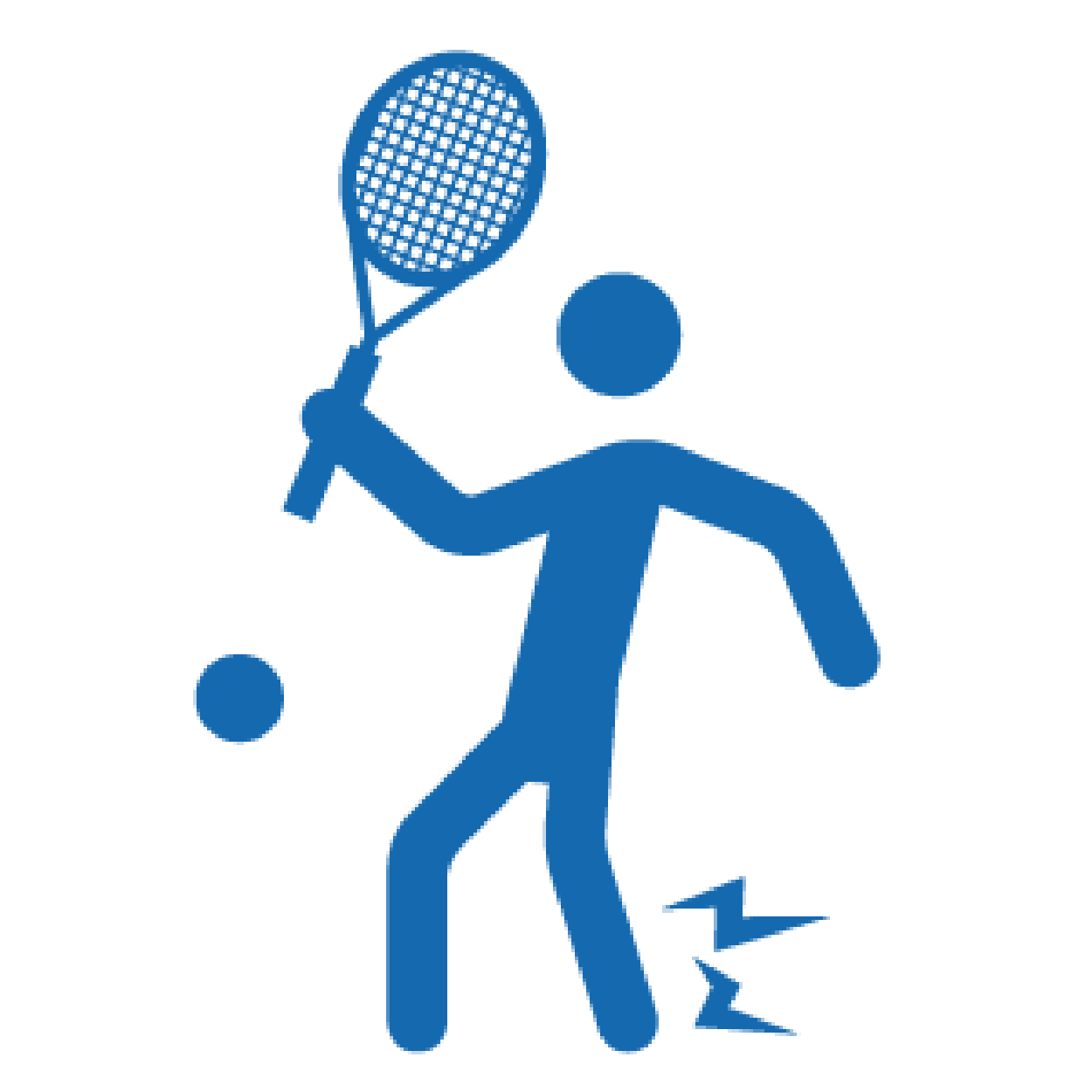


BACK & NECK INJURIES

SPORTS INJURIES

WORK INJURIES

PRE/POSTSURGICAL THERAPY

WOMEN’S HEALTH

K-LASER

AQUATIC THERAPY

DRY NEEDLING
Dry Needling
What is Dry Needling?
Dry needling, also known as trigger point dry needling or myofascial trigger point dry needling, is performed by acupuncturists, some chiropractors, some medical doctors and some physical therapists. Dry needling is a method of treating myofascial pain, or pain that affects the connective tissue around your muscles.
Your muscles can develop knots called trigger points. Trigger points are highly sensitive and often painful when touched. They can also cause referred pain, which is pain in another part of the body. Pain affects how your body moves. As the name dry needling suggests, we insert thin solid needles into those trigger points to stimulate the knotted tissue. In theory, dry needling changes the way the brain and muscles communicate, allowing muscles to resume a more normal movement pattern, while reducing your pain.
How does dry needling feel?
You may experience different sensations during dry needling. Muscle soreness, aching and twitching when a needle is inserted are considered good signs. How we place the needle (deeply or superficially), and for how long, both depend on what type of pain we’re treating and how long the pain has lasted.
What kind of pain does dry needling relieve?
We may use dry needling as part of an overall treatment plan that will likely include therapeutic exercise, manual therapy, heat therapy and patient education. Dry needling can increase your range of motion, which may be restricted by muscle tightness or scar tissue. We may use dry needling to treat:
- Migraines or tension headaches
- Whiplash-type neck injuries
- Repetitive-motion disorders (like carpal tunnel syndrome)
- Joint problems
- Disc problems
- Tendonitis
- Pelvic pain
- Phantom or referred pain
- Post-herpetic neuralgia (pain from shingles)
Of course, dry needling is not for everyone. Pregnant women, people who are afraid of needles, people who take blood thinners or recently had surgery and people who do not understand the treatment should not undergo dry needling.
Are there side effects from dry needling?
To date, side effects have been minor. They include:
- Minor bleeding at the treatment site
- Soreness during or after treatment
- Bruising around the treatment area
- Fatigue
Discover effective pain relief and so much more at Yadkin Physical Therapy. Call 336-677-1800 or use our convenient Request an Appointment form. We welcome patients from Yadkinville, Hamptonville, Elkin, Mocksville, Lewisville, Boonville, East Bend, Jonesville and close-by locations.